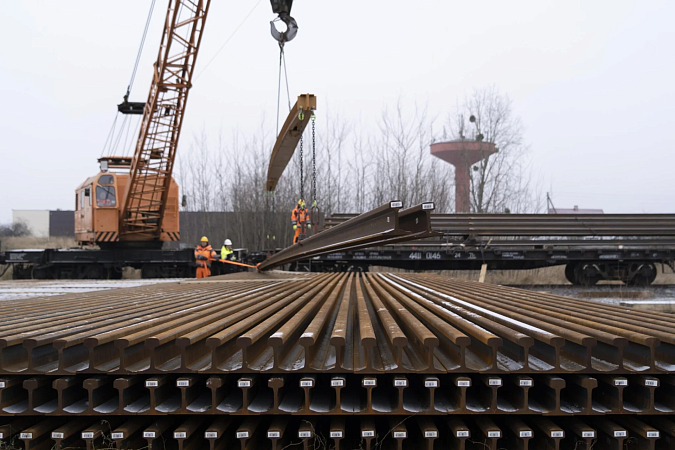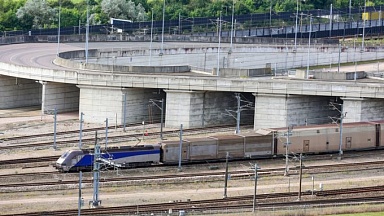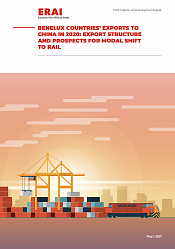This will be an innovation in the European rail industry, where there is still no single mechanism for carriers to seamlessly organize trips across borders. The project involves Rail Baltic Estonia, Eiropas Dzelzceļa Līnijas (Latvia) and LTG Infra (Lithuania).
One of the key goals is to create a «single window» for carriers that will allow them to apply for capacity on the entire Rail Baltica line through any of the three countries, without having to adapt to different national requirements. LTG Infra CEO Vytis Žalimas noted that such a mechanism did not exist before, and its implementation requires harmonizing local legislation and developing a single management model. In 2024, the project received technical support from the European Commission (DG REFORM), which helps EU countries implement structural reforms.
The creation of a unified model will increase the competitiveness of rail transport and allow operators to provide services faster and more efficiently. Work on implementing the management model is being carried out in parallel with the construction of the railway so that the infrastructure is ready for operation immediately after the project is completed. Rail Baltica will be the largest railway project in the history of the Baltic States, connecting them with Central and Western Europe via an 870-kilometer highway.
Source: https://ltg.lt/en/home/





